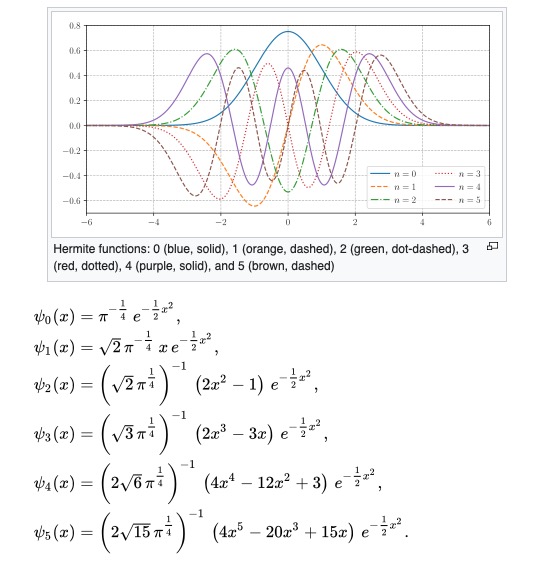Not polynomials. Polyomials of degree $\ge 1$ cannot belong to $L^p(\mathbb R)$.
For analytic functions... how about using the Hermite functions? They look like polynomial times exponential, so they are analytic.
The Hermite functions are an orthonormal basis for $L^2(\mathbb R)$. So we get approximations for all elements of $L^2$, not merely for $\chi$. The approximations for $\chi$ are: $$ G_n:=\sum_{k=0}^n \langle \chi,\psi_k\rangle \psi_k , $$ so $G_n$ is a polynomial of degree $n$ times $e^{-x^2/2}$.
Do we have convergence of the expansion$G_n$ to $\chi$ in other $L^p$ alsoas well?

